It is a strange, unsettling time. Each day is filled with uncertainty and it can leave us feeling like we don’t know what to do. There are ways you can help Ogeechee Riverkeeper, the environment and yourself right now. Here’s how:
Take a walk
Bearing in mind all the guidelines for social distancing and other health limitations, getting outside is highly recommended. Find a place to walk and get moving. It could be a trail in a state park or simply around your neighborhood. Take notice of the trees and plants along your route. Listen. Take in the scents of spring. We know it anecdotally, and it’s been proven scientifically – being in nature is good for your health and mental wellbeing.
If you are able, take a bag with you and pick up any litter you may find. You’ll feel better knowing you made a difference.
Donate
We know there is a lot of uncertainty now. The same is true for all nonprofits.
Ogeechee Riverkeeper is still doing its important work of keeping water clean, even if we can’t be in the office right now. Giving to Ogeechee Riverkeeper ensures we can keep monitoring, keep testing, and keep fighting for months and years to come.
Make a monthly, recurring donation
Make a single donation
Become an annual member
Adopt-A-Drain
The City of Savannah has launched a coordinated effort to make sure storm drains a clear of leaves, debris, and litter. Anyone can adopt a drain to keep an eye on and it’s a great project to do with kids and helps them understand how storm water affects street flooding and water pollution. Plus, there’s an interactive app they can use to enter information and updates on the drain. The map even allows you to choose a location that drains into the Ogeechee River.
But even if your area doesn’t have a dedicated program, you can still take responsibility for a drain near your home. If you find it’s not clear or needs maintenance, contact your municipal authority.
Share
One of the great things about social media is the ability to stay connected, even if we have to stay apart. While you are out on your walk, anywhere in our watershed, take a photo of something inspiring that you see and use hashtag #ORKoutside. We will share as many as we can on our social media channels.
Be safe. Be well. Enjoy nature. Take care.
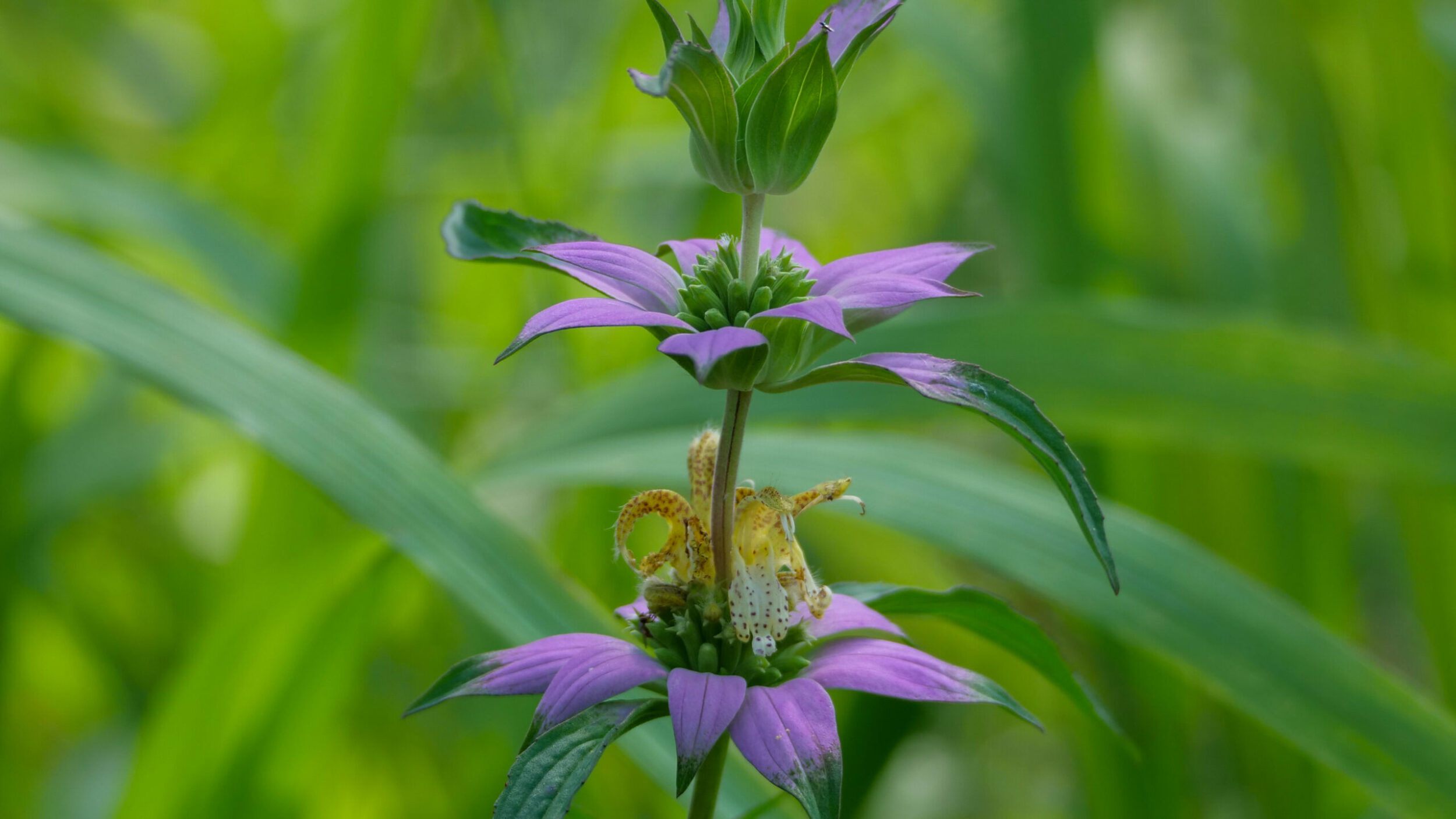
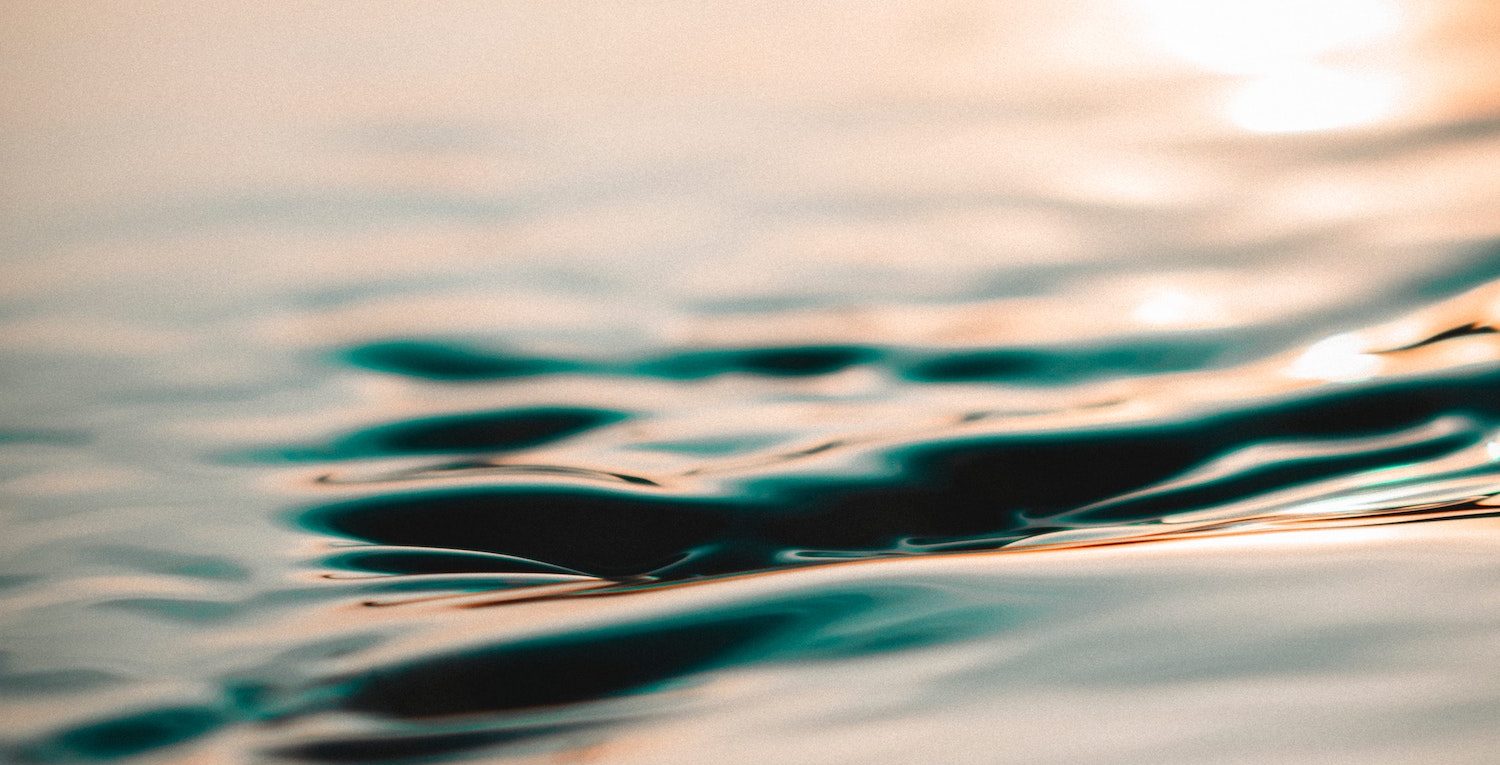
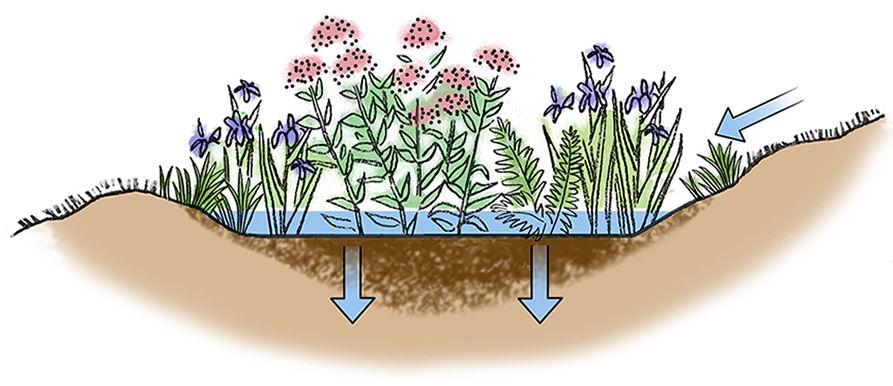
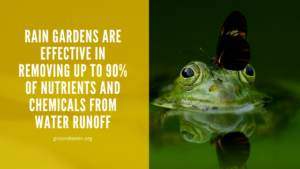
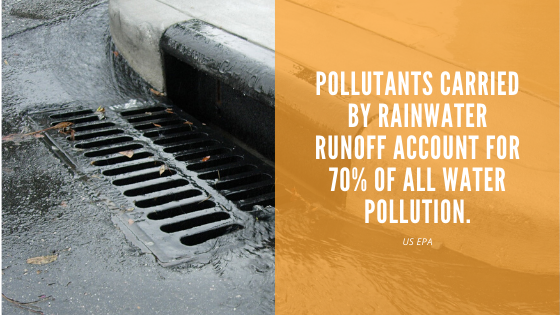
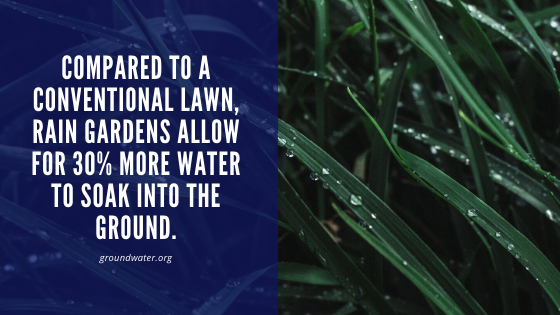
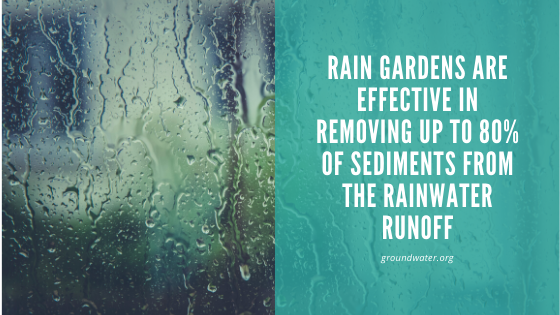
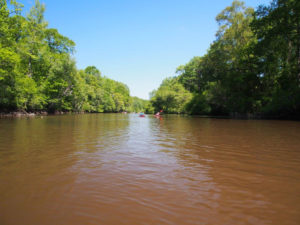 For Immediate Release
For Immediate Release